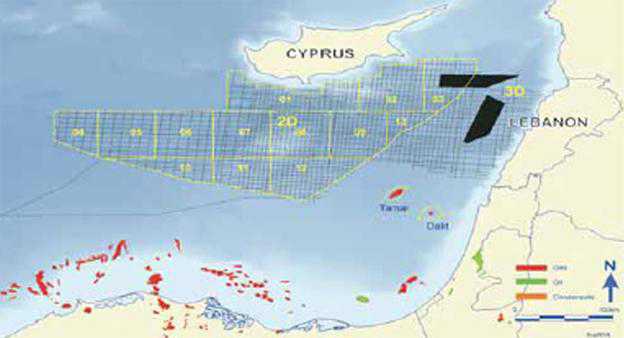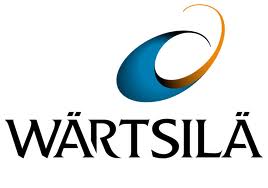Cyprus supports the opening of Turkey’s EU Energy chapter but only if it signs the UN Convention on the Law of the Sea and normalises relations with the island, says Commerce Minister Praxoulla Antoniadou.

Since the chances of this happening anytime soon are slim, it’s safe to say that the government is signalling that it will block this chapter in Turkey’s EU-membership negotiations.
“At this point of time, Cyprus is unfortunately confronted with the gunboat diplomacy of Turkey in the area, contesting the sovereign rights of the Republic…” said Antoniadou at an informal meeting of EU Energy ministers.
Until Turkey normalises its relations with Cyprus, the government resists the opening of its energy chapter. Antoniadou counters the argument that Turkey could enhance the EU’s energy supply security with the position that there is no direct link between this and the accession negotiations of a candidate country.
“The role that a candidate country could potentially play in the EU’s security of energy supply cannot influence the course of her accession negotiations by offsetting the need that the candidate country fulfils her obligations,” she says.
Alternatively, if Turkey contributes to the peace process by supporting the Turkish-Cypriot leadership to reunify Cyprus on the basis of a bizonal, bicommunal federation with political equality, then a bright horizon of peace, cooperation and economic growth will open for the Eastern Mediterranean area, says Antoniadou.
In its latest assessment of Turkey’s accession negotiations, the EU said that they have “regrettably not moved into any new areas for over a year.”
“The Commission is concerned about the recent tensions in relations between Turkey and Cyprus. A new positive agenda in EU-Turkey relations needs to be developed, to enable a more constructive relationship based on concrete steps in areas of common interest,” says the latest conclusions on the issue from the EU.
Turkey and Cyprus are locked in a tense military and political confrontation over undersea gas-and-oil exploration rights in the waters around the island. Since Noble Energy started drilling in Block 12 in Cyprus’ Exclusive Economic Zone (EEZ) on September 19th, Turkey has sent its own seismic research ships accompanied by warships. It plans to explore for hydrocarbons in partnership with the Turkish-Cypriot political leadership.
Parallel to this confrontation, Turkey is also jockeying for position with Egypt and has proposed building a gas pipeline between the two countries.
Egypt has already signed a bilateral agreement to delimit the maritime borders with Cyprus and cooperate on developing hydrocarbon exploration and exploitation. Egypt recently re-confirmed its commitment to its agreement with Cyprus, saying it would ‘undoubtedly’ implement the deal, according to Egyptian foreign minister Mohamed Kamel Amr in comments reported by Athens news agency.
In earlier statements, Ankara said that Cyprus’ maritime border agreements with its neighbors Lebanon, Egypt and Israel are null and void.
Infringement on sovereign rights
Turkey’s seismic research activities in Cyprus waters fly in the face of the government’s sovereign right over the island’s EEZ as it does not have official permission to conduct research for oil and gas reserves. Ankara disputes this right on the basis that the government does not represent the Turkish Cypriots. Turkey has signed an agreement with the ‘TRNC’ to delimit maritime borders and explore for hydrocarbons. The ‘TRNC’ is only recognised by Turkey, and the government promptly responded by saying the agreement was illegal.
As the only internationally-recognised government on the island, the leadership has gone ahead with a contract with Noble Energy to explore for hydrocarbons in Block 12, an area which borders Israel’s gas field Leviathan.
The government’s right is upheld by the EU, Greece, Israel and Russia, all of which have made statements condemning Turkey’s threats towards the island and supporting its right to exploit resources in its sovereign territory.
Defence ministry sources said that if Turkey proceeds with actual exploration for undersea hydrocarbons, the government’s approach will be different. For the time being, authorities take the view that ships sent by Turkey are in international waters and will be treated like any other ship.
Source: cyprusnewsreport.com
via Cyprus Signals Block On Turkey EU Energy Chapter | Defence news from Greece and Cyprus.





